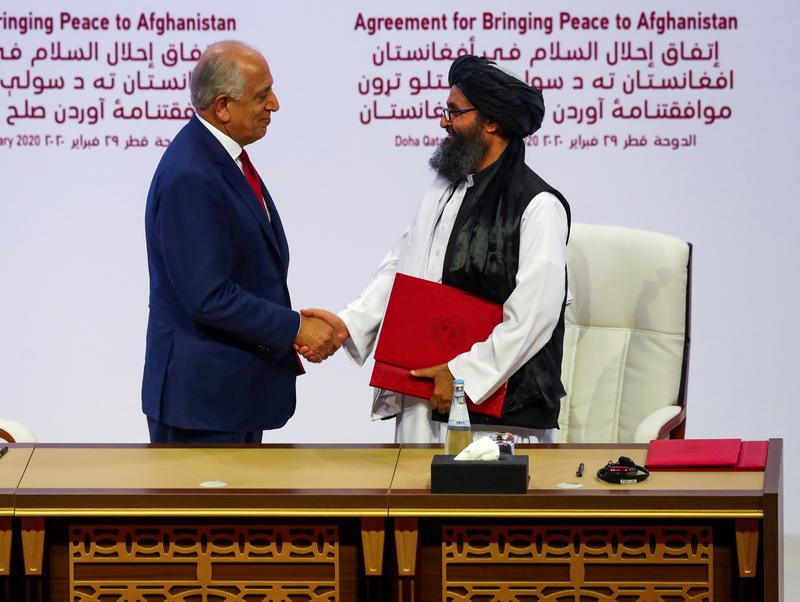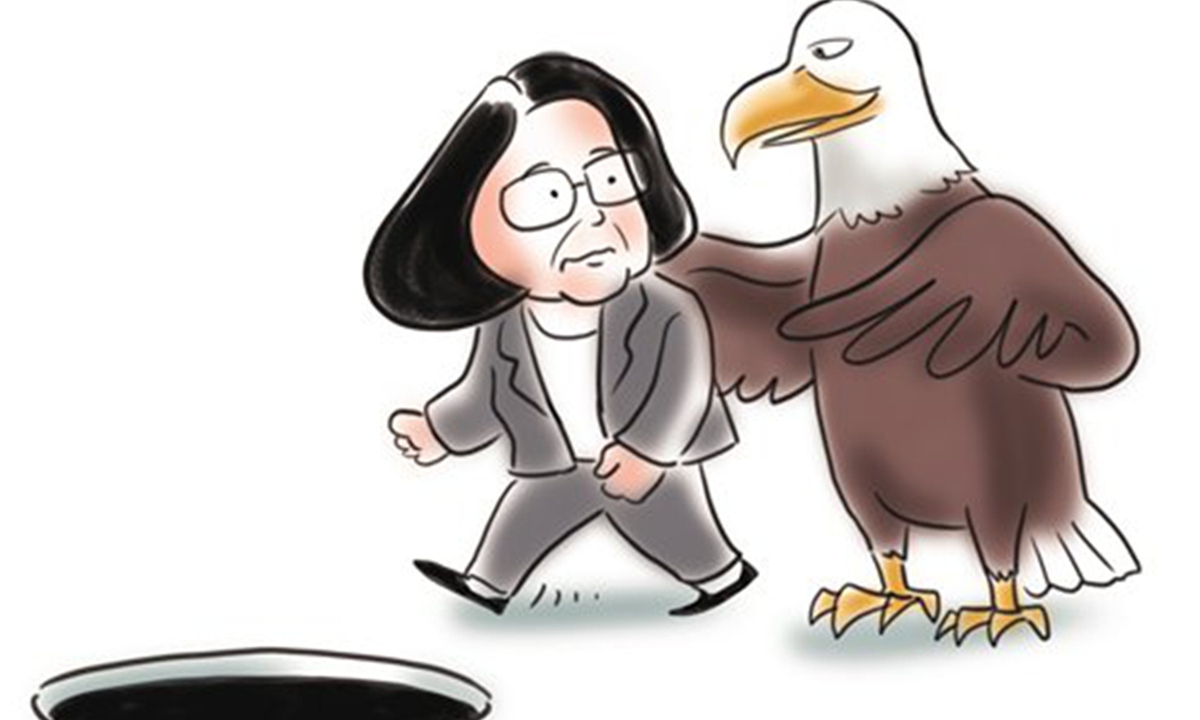Much Will Be Unknown about Military Bases with Drone Restrictions
The revised American Security Drone Act is very reminiscent of Japan during the era in which this anime was set. Flying unmanned aircraft systems (drones) at U.S. military bases and their vicinities has been banned since Sept. 6 to prevent terrorism. In order to fly a drone, one needs to obtain the consent of the U.S. military 30 days beforehand.
This infringes on freedom of the press: The media will not be able to respond to events happening on the bases. The report, which responds to the people’s right to know, is highly public and guaranteed by the Constitution. With reporting restricted, citizens will not be able to learn what is really happening at the bases. I strongly advocate that this law should be revised so as to not infringe on our right to know.
During its 7-year, 8-month regime, Shinzo Abe's administration restricted freedom in covering problems at military bases in Okinawa, time and time again.
In Aug. 2016, two Ryukyu Shimpo journalists were detained and blocked from covering the citizen protest against construction of a helipad at the U.S. military’s northern training grounds spreading across the villages from Higashison to Kunigamison.
Regarding the construction of the new base in Henoko, the Okinawa Defense Bureau sent a document to each media agency indicating the provisions of the Special Criminal Law and urging them not to enter the vast, provisionally restricted area off the coast of Henoko in July 2017. It’s clear that their aim was to restrict mass media coverage.
In June 2019, David Kay, the U.N. Special Press Secretary for the promotion and protection of the right to freedom of opinion and expression, submitted a report to the U.N. Human Rights Council. He criticized the Japanese authorities for continuing to pressure and excessively repress protests against base construction at Henoko. Chief Cabinet Secretary Yoshihide Suga countered the claims, saying he believed there was absolutely no pressure from the government as mentioned in the report.
This time, based on the revised America Securities Drone Act passed last year, U.S. military defense-related facilities were added for the first time to the no-fly zone. This pertains to 15 locations, including five facilities such as Camp Schwab, Kadena Air Base and Air Station Futenma in Okinawa. Going forward, the Ministry of Defense will gradually expand the scope.
It will be particularly difficult to provide authentic aerial coverage of the construction site for the new base, which the government is building in Henoko off Camp Schwab.
Prime Minister Abe has left behind a law leading to media blackouts. The Liberal Democratic Party announced the leadership election on Sept. 8, following his resignation.
The three candidates, Chief Cabinet Secretary Suga, chairman of the LDP Policy Research Council Fumio Kishida, and former LDP Secretary General Shigeru Ishiba, should clarify their positions as to whether they approve of Abe’s politics, which disrespected the freedom of speech.


